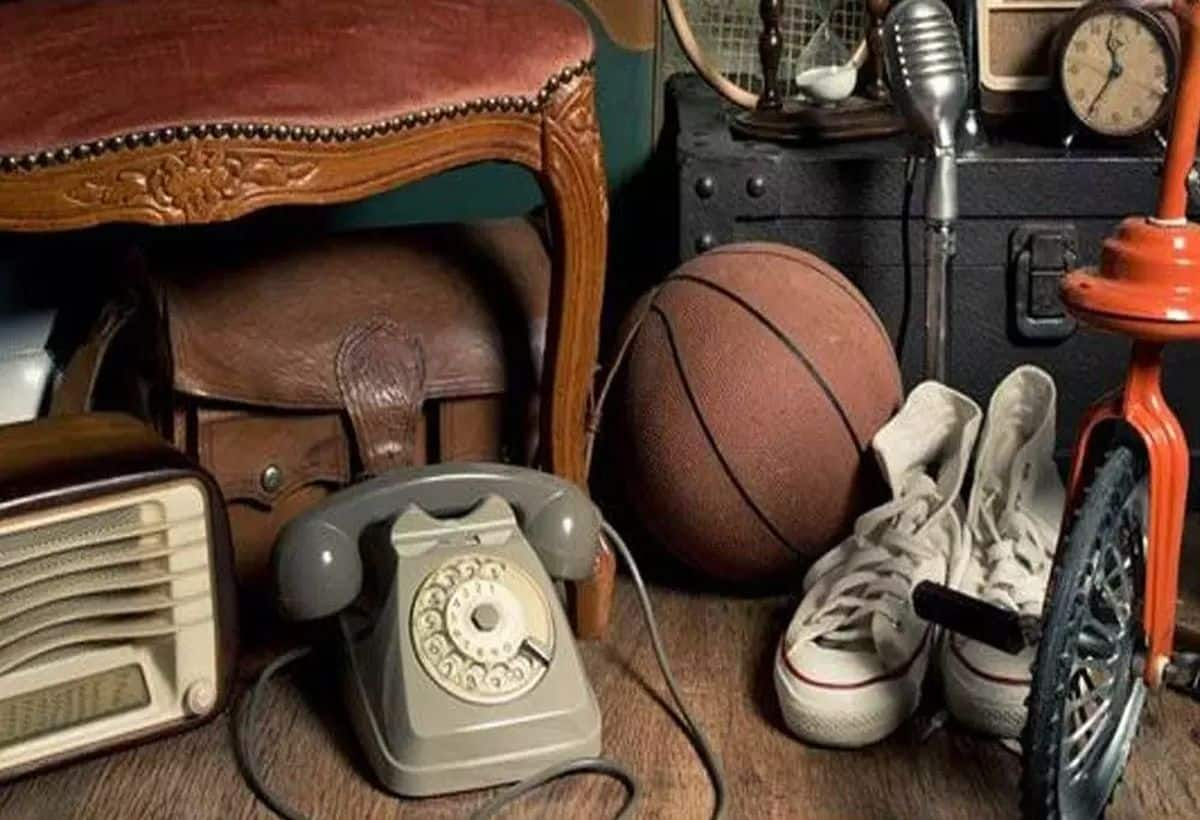Unlocking Hidden Treasures: A Unique Business Idea for Repurposing Old Items
In today’s fast-paced consumer culture, it’s easy to accumulate items that eventually fall out of use. Many households have hidden treasures lying dormant in attics, basements, and storerooms. Instead of discarding these items, why not turn them into a profitable business venture? This article explores a unique business idea focused on opening an offline shop that specializes in selling pre-loved items, helping both the environment and your wallet.
Why Sell Old Items?
Understanding the value of old items is crucial in today’s eco-conscious society. Not only does selling these items promote sustainability by reducing waste, but it also provides a chance for others to find affordable goods. Recycling or repurposing old items can have a positive impact on the environment by minimizing landfill waste and reducing the demand for new products. Here are some compelling reasons to consider starting this venture:
1. Growing Demand for Sustainable Products
With an increasing number of consumers prioritizing sustainability, there’s a significant market for second-hand products. Many people are looking to purchase items that have a story or history, making them feel more connected to their purchases.
2. Cost-Effective Shopping Options
Shoppers are constantly seeking budget-friendly alternatives to the high prices associated with new products. By providing quality second-hand items at lower prices, you can attract price-conscious customers who still desire quality goods.
3. Unique Inventory
Unlike traditional retail stores that stock identical items, an old items shop can offer a diverse and eclectic inventory. Each piece has a story, making it attractive to buyers looking for something unique.
Steps to Start Your Offline Shop
Ready to dive into the business of selling pre-owned items? Follow these essential steps to set up your shop:
| Step | Description |
|---|---|
| 1. Market Research | Research your local market to understand the demand for second-hand items. Identify potential customer demographics and what types of items are popular. |
| 2. Location Selection | Choose a strategic location with high foot traffic. Areas near colleges, busy shopping districts, or residential neighborhoods can be ideal. |
| 3. Sourcing Inventory | Collect items from various sources including donations, garage sales, or purchases from individuals. Ensure the items are in good condition and thoroughly clean them before resale. |
| 4. Pricing Strategy | Set competitive prices while ensuring a reasonable profit margin. Be transparent about the condition of the items to gain customer trust. |
| 5. Marketing and Promotion | Use social media and local advertising to promote your shop. Organize community events or pop-up sales to attract customers. |
| 6. Customer Relationship Building | Foster a welcoming atmosphere where customers feel appreciated. Encourage feedback and use it to improve your service and inventory. |
Conclusion
Starting a business focused on selling old items not only serves as a viable entrepreneurial venture but also contributes positively to environmental conservation. By following the steps outlined in this guide, you can create a space that celebrates the beauty of second-hand goods while providing a unique shopping experience. Embrace the idea of recycling and reusing, and help your community discover the hidden treasures that lie within the homes of many.












